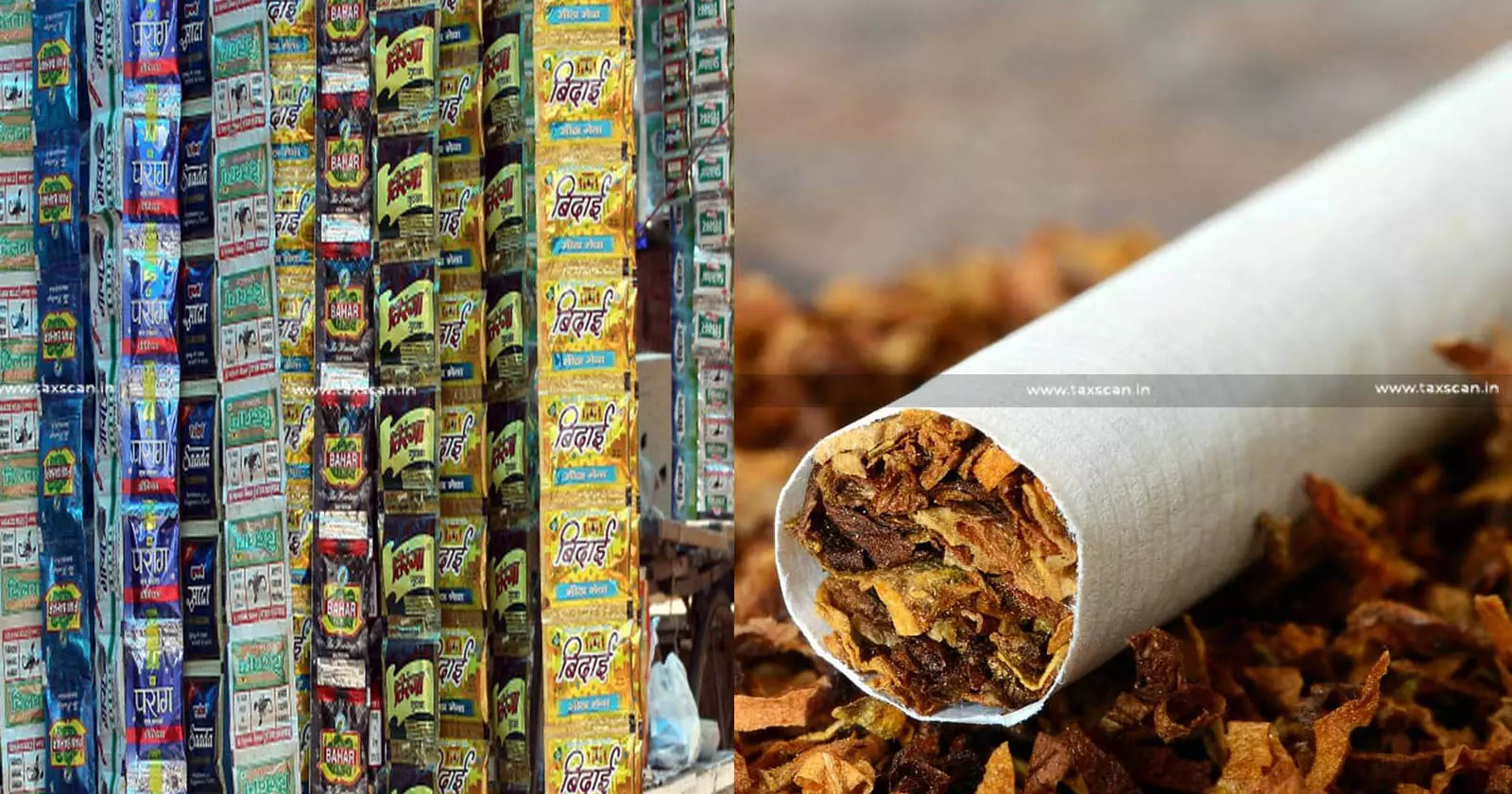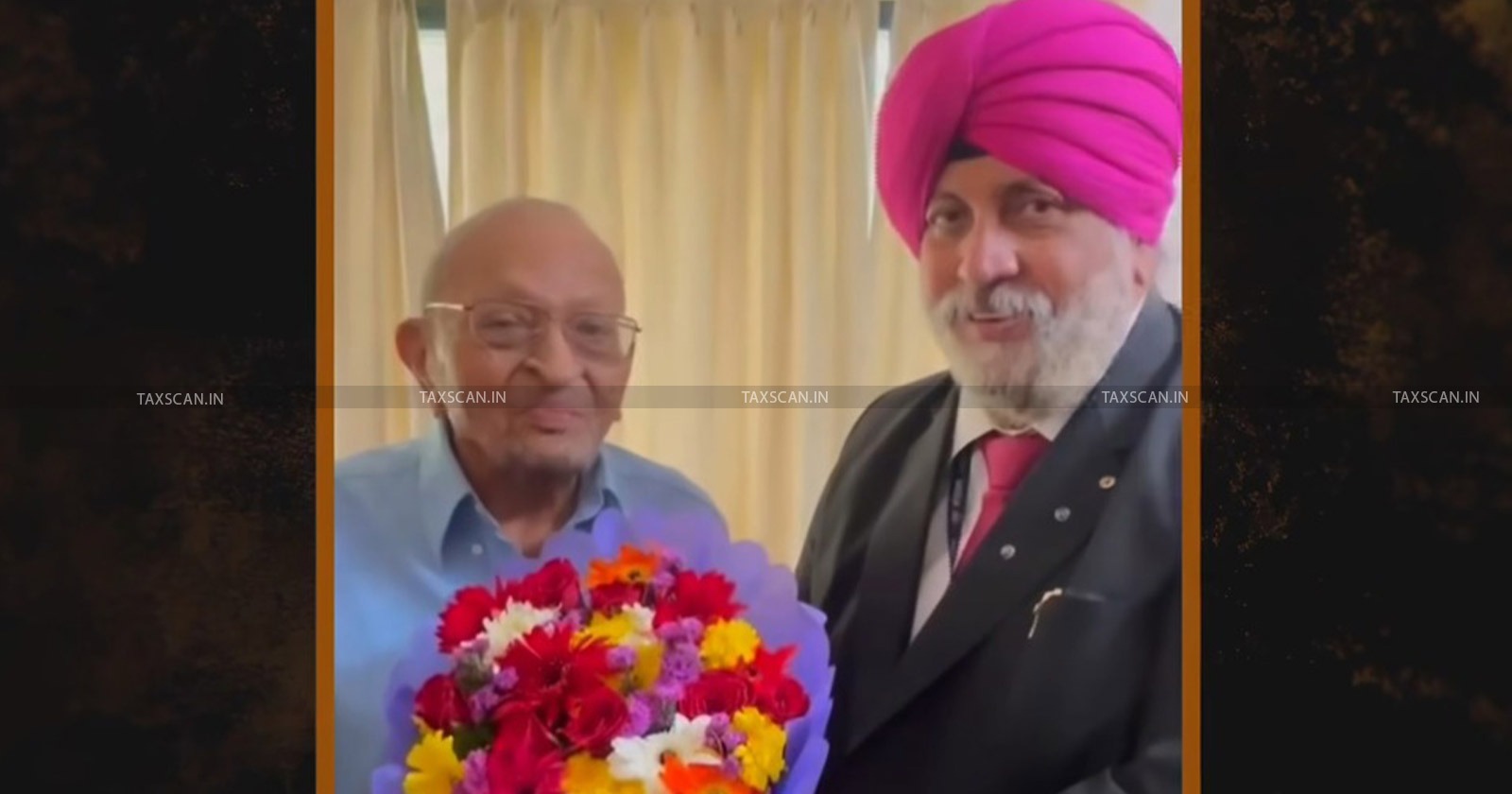Centre may introduce New NCCD or Cess on Tobacco and Pan Masala to Maintain Tax Incidence Under GST 2.0
The Centre may introduce a new NCCD or cess on tobacco and pan masala in Budget 2026 to maintain the current tax burden under the upcoming GST 2.0 regime

The government is likely to introduce a new central levy such as a National Calamity Contingent Duty (NCCD) or cess on tobacco and pan masala in the upcoming Union Budget. This is to make sure that the overall tax burden on these products remains the same even after the Goods and Services Tax (GST) rates are simplified under the GST 2.0 framework.
According to senior government officials, the new levy will be outside the GST system, similar to the existing NCCD. This means the Centre can implement it directly through the Finance Bill without needing approval from the GST Council. The proposal is expected to be included in the Finance Bill 2026, which will be presented along with the Union Budget next year.
A senior government official told Moneycontrol that since this would not be a GST levy, the approval of the GST Council will not be required. “The new central levy will have to be approved by Parliament and is expected to be introduced through an amendment in the upcoming Finance Bill,” the official said.
Under the GST 2.0 plan, luxury and sin goods such as tobacco and pan masala will come under a single 40% GST slab. At present, the total tax burden on tobacco is around 53%, and on pan masala, it is about 88%
This includes 28% GST plus a compensation cess. Once the GST 2.0 changes take effect and the compensation cess ends, the overall tax rate on these products would fall sharply unless a new levy is added.
Officials said the government wants to maintain the current high tax rates on these demerit goods to discourage consumption and protect revenue. They explained that GST will be capped at 40% but the remaining portion will be collected through a central levy such as an NCCD or a new cess.
The proposal is also linked to the sunset of the GST compensation cess regime. The cess was introduced to help states recover revenue losses after the rollout of GST in 2017. It was later extended to repay loans worth about Rs 2.7 lakh crore taken by the Centre. Once these borrowings are fully repaid, the cess is expected to end.
By introducing a new central duty, the government aims to ensure revenue continuity without reopening GST rate discussions at the Council level.
Support our journalism by subscribing to Taxscan premium. Follow us on Telegram for quick updates



